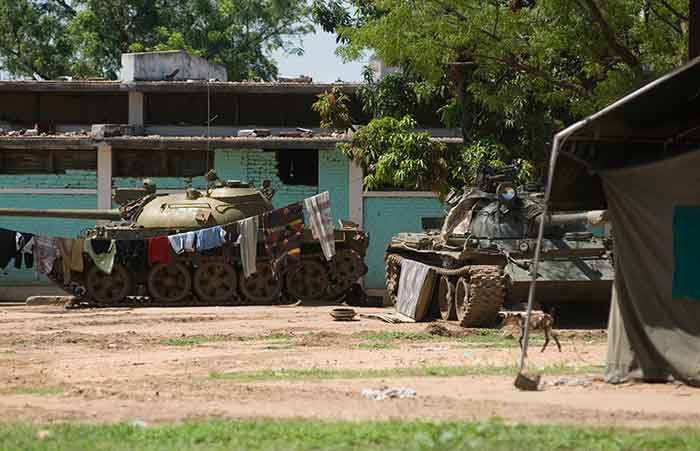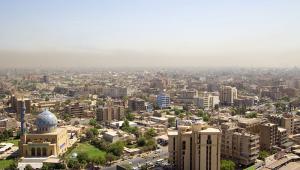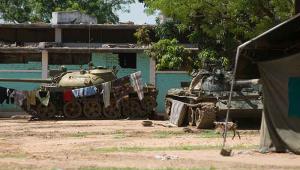web_darfursudan_istock_000004910343_large.jpg

Abandoned tanks in Darfur, Sudan
Thirty years of Omar al-Bashir’s presidency ended last April, and economist Abdalla Hamdok was sworn in as prime minister in August, promising to turn the struggling economy around.
“Regime change has created a window of opportunity for fundamental reforms to address major macro imbalances and lay the groundwork for inclusive growth. However, the challenges facing the new government are daunting,” the IMF said in a statement after concluding its annual review into the Sudanese economy.
Weak competitiveness in the private sector, a “dire” humanitarian situation, continued corruption and a fiscal deficit that rose by almost three percentage points to 10.8% of GDP in 2019 mean the new government has its work cut out if it wants to turn the economy around, the report said.
Sudan's GDP shrank by an estimated 2.5% last year, inflation rose to 60% in November and public debt reached 211.7% of GDP.
And the country is ineligible for debt relief under the Heavily Indebted Poor Countries scheme because the US lists it as a state sponsor of terrorism.
The IMF has urged Hamdok to continue to engage with the international community to seek support for debt relief, but said in the meantime his government should take action to broaden its tax base and strengthen its revenue administration to increase tax yields as well as transparency.
The Sudanese government should also undertake other reforms such as phasing out fuel subsidies and expanding the social safety net, with support from international donors, fund staff said.
“With large imbalances and loose policies, the outlook is alarming without policy reforms. Absent reforms, the weaknesses in competitiveness and in the business environment will persist,” the IMF statement argued.












